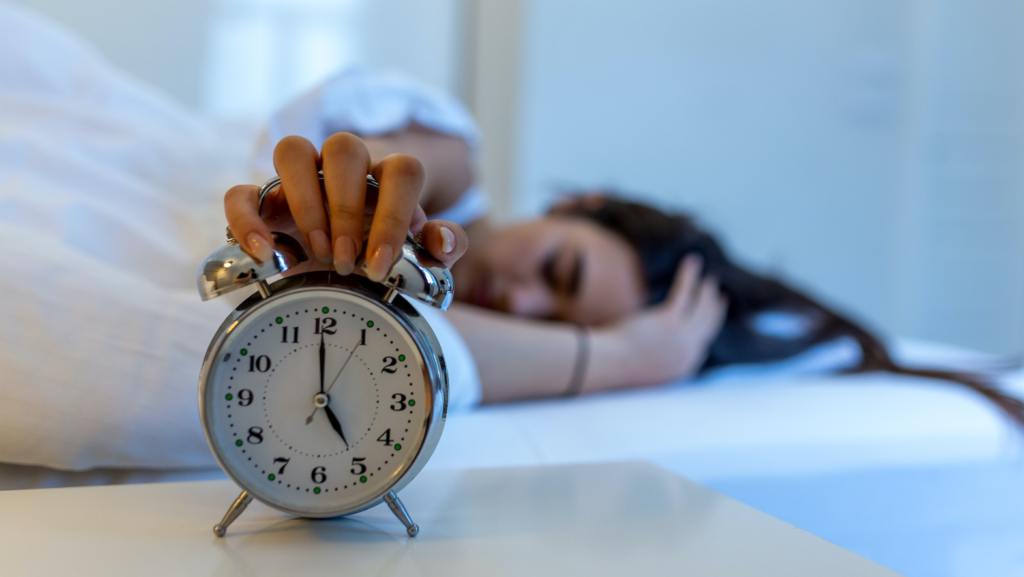Study reveals the truth about snoozing—and it isn’t as bad as believed

Photo by Getty Images on Unsplash+
If there’s one thing we press first in the morning, it’s the snooze button (or the alarm clock if you’re old school), allowing us an extra minute of shut-eye and a chance to snuggle deeper into our beds.
We’ve all been there, haven’t we? But is it really as negative as we’ve been led to believe? For a long time, the snooze button has been associated with detrimental effects on sleep and morning alertness, but it turns out the reality might be quite different.
Recent findings from Stockholm University unveils that surprisingly, snoozing may actually support the waking process for regular snoozers.
Dr. Tina Sundelin, lead author of the paper, conducted two comprehensive studies to investigate the snooze phenomenon. The first study involved participants who answered questions about their morning habits. The prevailing reason for hitting that snooze button? Feeling too tired to rise.
In the second study, individuals who were regular snoozers were invited to spend two nights in a sleep lab to provide more detailed measurements of their sleep patterns. One morning, they were allowed to indulge in a 30-minute snooze session, while on the other, they had to get up immediately as the alarm sounded.
So, is snoozing really bad?
Fear not regular snoozers, the findings offer a reassuring perspective as the results show that half an hour of snoozing does not have negative effects on night sleep or sleep inertia, the feeling of not quite being alert in the morning.
In the snooze condition, their cognitive abilities showed a slight boost upon waking, indicating that they were more alert compared to the no-snooze morning.
The research also found no clear negative effects on mood, sleepiness, or the amount of the stress hormone cortisol in the participants’ saliva.
You may also like: Is mountain biking for you? Study reveals you reap more benefits than potential risks
However, a little caution as Sundelin pinpoints that the study’s focus was on individuals who are regular snoozers. Snoozing might not be a one-size-fits-all solution to grogginess.
So, what’s the verdict? The research reveals that a little extra snooze might not be the enemy it’s often made out to be. In fact, for those who find it hard to resist the allure of the snooze button, there might be some cognitive benefits to enjoy.
But the secret for everyone is knowing their own sleeping patterns and preferences for a bright, fresh morning.

